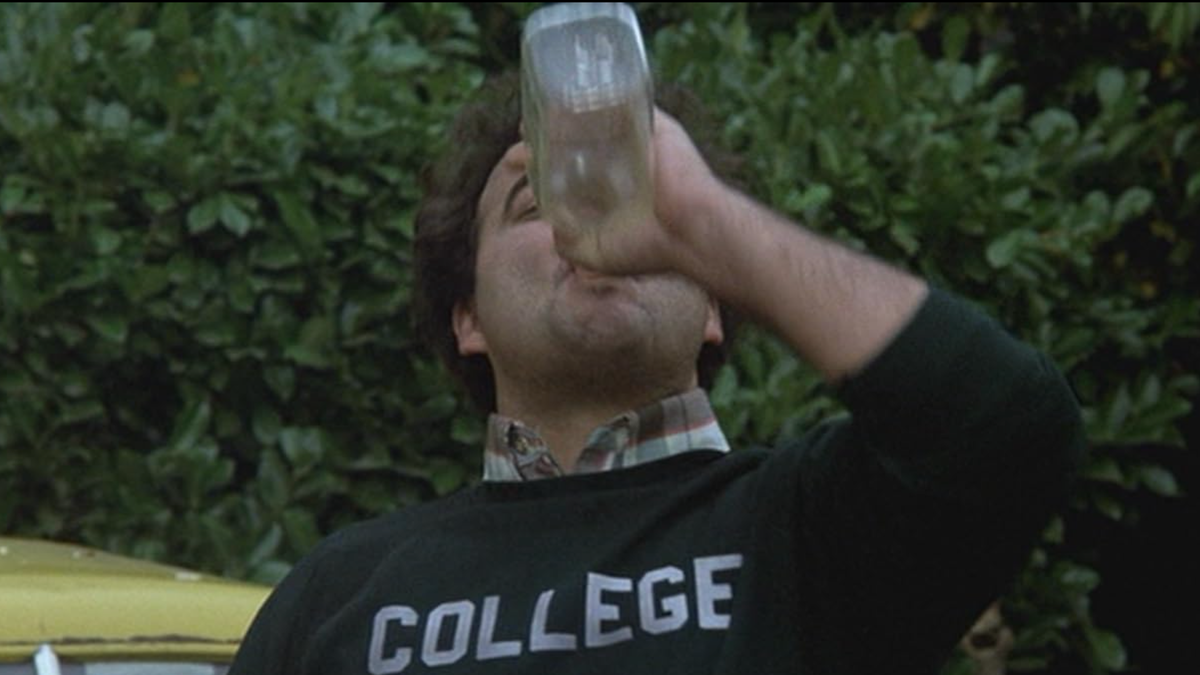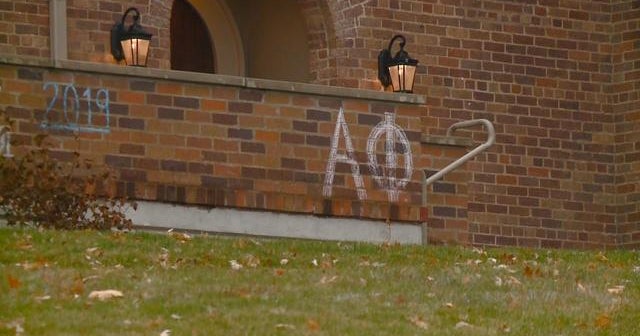Uncovering America’s Booziest and Soberest Colleges: A Surprising Study
In recent years, the culture surrounding alcohol consumption on college campuses has drawn significant attention. A surprising study sheds light on the top institutions where students indulge in drinking, juxtaposed against those renowned for their sobriety. Understanding these extremes offers insight into how campus culture shapes student habits, potentially influencing their academic performance and overall well-being.
The Booziest Colleges: A Closer Look
According to the latest findings, the top five colleges where students tend to drink the most are:
- University of Wisconsin-Madison
- University of Vermont
- West Virginia University
- University of Maine
- Florida State University
These institutions are often characterized by a vibrant party culture, influenced by a combination of social traditions, local laws, and the availability of alcohol. Each of these colleges has a unique reputation that draws students to engage in drinking activities.
Factors Contributing to Heavy Drinking
The reasons behind high alcohol consumption at these colleges can be attributed to several factors:
- Campus Culture: Many students arrive at college eager to socialize and make new friends. At schools with a strong party culture, drinking often becomes a rite of passage.
- Social Events: Colleges known for their lively social calendars, including parties, tailgates, and fraternity/sorority events, can foster an environment where drinking is normalized.
- Peer Pressure: In environments where heavy drinking is common, students may feel pressured to partake to fit in or be accepted by their peers.
- Accessibility: Proximity to bars, clubs, and liquor stores can make it easier for students to engage in drinking.
While these factors contribute to the high levels of drinking, they also raise questions about student health and safety, leading many institutions to explore ways to mitigate excessive alcohol consumption.
The Soberest Colleges: A Different Narrative
In sharp contrast, the following five colleges are recognized for their sober campus environments:
- Brigham Young University
- Liberty University
- Wheaton College
- Gordon College
- University of the Cumberlands
These institutions often have strict policies regarding alcohol consumption, influenced by their religious affiliations or institutional values that promote wellness and restraint.
Factors Contributing to Sobriety
Several key elements contribute to the sober reputation of these colleges:
- Religious Influence: Many of these institutions are affiliated with religious organizations that emphasize abstinence from alcohol, shaping the student body’s attitudes towards drinking.
- Health and Wellness Programs: Colleges with strong wellness initiatives often promote sober living environments, providing alternatives to drinking-centric activities.
- Support Systems: The presence of counseling services and peer support networks can encourage students to choose sobriety and provide assistance for those struggling with alcohol-related issues.
Students at these colleges often engage in a variety of activities that do not revolve around alcohol, such as community service, sports, and academic clubs, fostering a sense of belonging that isn’t tied to drinking.
How Campus Culture Shapes Student Habits
The stark differences between the booziest and soberest colleges in America highlight the significant impact of campus culture on student behavior. At institutions with a heavy drinking culture, students may develop habits that can lead to negative outcomes, including academic struggles and health risks. Conversely, colleges that promote a sober lifestyle often see students thriving academically and socially without the pressures of alcohol.
The Role of Education and Awareness
Education plays a critical role in shaping student attitudes towards alcohol. Many colleges are implementing educational programs aimed at raising awareness about the risks of excessive drinking and the benefits of moderation or sobriety. These programs can include:
- Workshops: Interactive sessions that address the consequences of binge drinking and promote responsible consumption.
- Peer Education: Training student leaders to educate their peers on the effects of alcohol and promote healthier choices.
- Alternative Activities: Organizing events that provide fun, alcohol-free options for socializing, such as game nights, movie screenings, and community service projects.
By fostering an environment that prioritizes education and awareness, colleges can help students make informed choices about their drinking habits.
Conclusion: A Balanced Perspective
In conclusion, uncovering America’s booziest and soberest colleges reveals a stark contrast in student lifestyles shaped by campus culture, social pressures, and institutional policies. As colleges continue to navigate the complexities of alcohol consumption, it’s vital to find a balance that promotes both social engagement and responsible drinking. By understanding the factors at play, students, educators, and parents can work together to create healthier campus environments that support academic success and personal well-being.
Ultimately, whether at a party school or a sober institution, the goal remains the same: fostering a college experience that enriches lives and cultivates responsible, informed individuals. As we move forward, it’s essential to recognize that the choices made during these formative years can have lasting impacts, not just on individual students, but on the broader community as well.
See more TED Talks World



